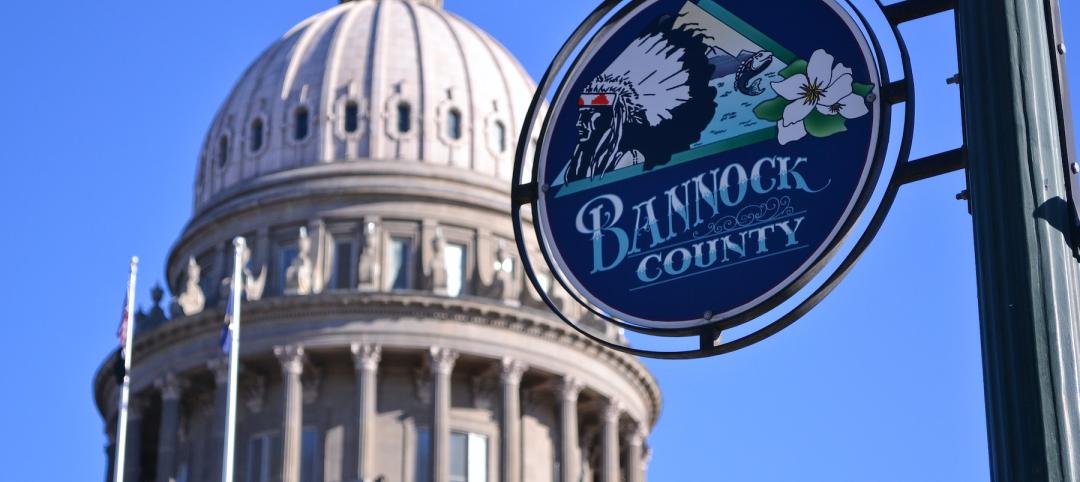American Bird Conservancy (ABC), working with Washington College in Maryland, says it has doubled its capacity to test and rate glass and other materials for their ability to deter bird collisions. “The move will help ABC meet high demand for testing from glass manufacturers—a vital component of the organization’s work to reduce the threat of window collisions for birds,” according to a news release.
A glass testing tunnel at Washington College’s Foreman’s Branch Bird Observatory in Chestertown, Maryland began operations last fall. The new tunnel is one of just two facilities in North America that can test glass and issue a “bird-friendly” rating, called a Material Threat Factor.
This rating system makes it easier for governments to enact bird-friendly policies and for architects to design buildings that are safer for birds. Windows are among the deadliest threats that migratory birds meet on their journeys, killing up to a billion in the U.S. each year.
Glass can be made safer for birds by adding visible markers that birds can see. “The challenge is finding a balance between human aesthetic preferences and birds’ need for a visual hint that glass is solid—a challenge made more difficult because humans’ forward vision is superior to that of most birds,” ABC says. “The good news is that most bird-friendly patterns are barely noticeable to people.”
Related Stories
| Sep 8, 2022
U.S. construction costs expected to rise 14% year over year by close of 2022
Coldwell Banker Richard Ellis (CBRE) is forecasting a 14.1% year-on-year increase in U.S. construction costs by the close of 2022.
| Sep 2, 2022
Converting office buildings to apartments is cheaper, greener than building new
Converting office buildings to apartments is cheaper and greener than tearing down old office properties and building new residential buildings.
| Aug 29, 2022
Montana becomes first U.S. state to approve 3D printing in construction
Montana is the first U.S. state to give broad regulatory approval for 3D printing in building construction.
| Aug 26, 2022
Idaho Building Code Board considers gutting large part of state energy code
Idaho Building Code Board considers gutting large part of state energy code.
| Aug 25, 2022
New York City’s congestion pricing aims to reduce traffic, cut carbon
Officials recently released an environmental assessment that analyzes seven different possible pricing schemes for New York City’s congestion pricing program.
| Aug 23, 2022
New Mass. climate and energy law allows local bans on fossil fuel-powered appliances
A sweeping Massachusetts climate and energy bill recently signed into law by Republican governor Charlie Baker allows local bans on fossil fuel-powered appliances.
| Aug 22, 2022
Gainesville, Fla., lawmakers moved to end single-family zoning
The Gainesville City Commission recently voted to advance zoning changes that would allow duplexes, triplexes, and quadplexes to be built on land currently zoned for single-family homes.
| Aug 19, 2022
Future sea rise could expose 720,000 more people on East Coast to flooding
An analysis by NPR based on modeling from the National Hurricane Center for New York City, Washington, D.C., and Miami-Dade County found future sea rise could expose about 720,000 more people to damaging floods later this century.
| Aug 16, 2022
DOE funds 18 projects developing tech to enable buildings to store carbon
The Department of Energy announced $39 million in awards for 18 projects that are developing technologies to transform buildings into net carbon storage structures.
| Aug 11, 2022
Report examines supposed conflict between good design and effective cost management
A report by the American Institute of Architects and the Associated General Contractors of America takes a look at the supposed conflict between good design and effective cost management, and why it causes friction between architects and contractors.

















